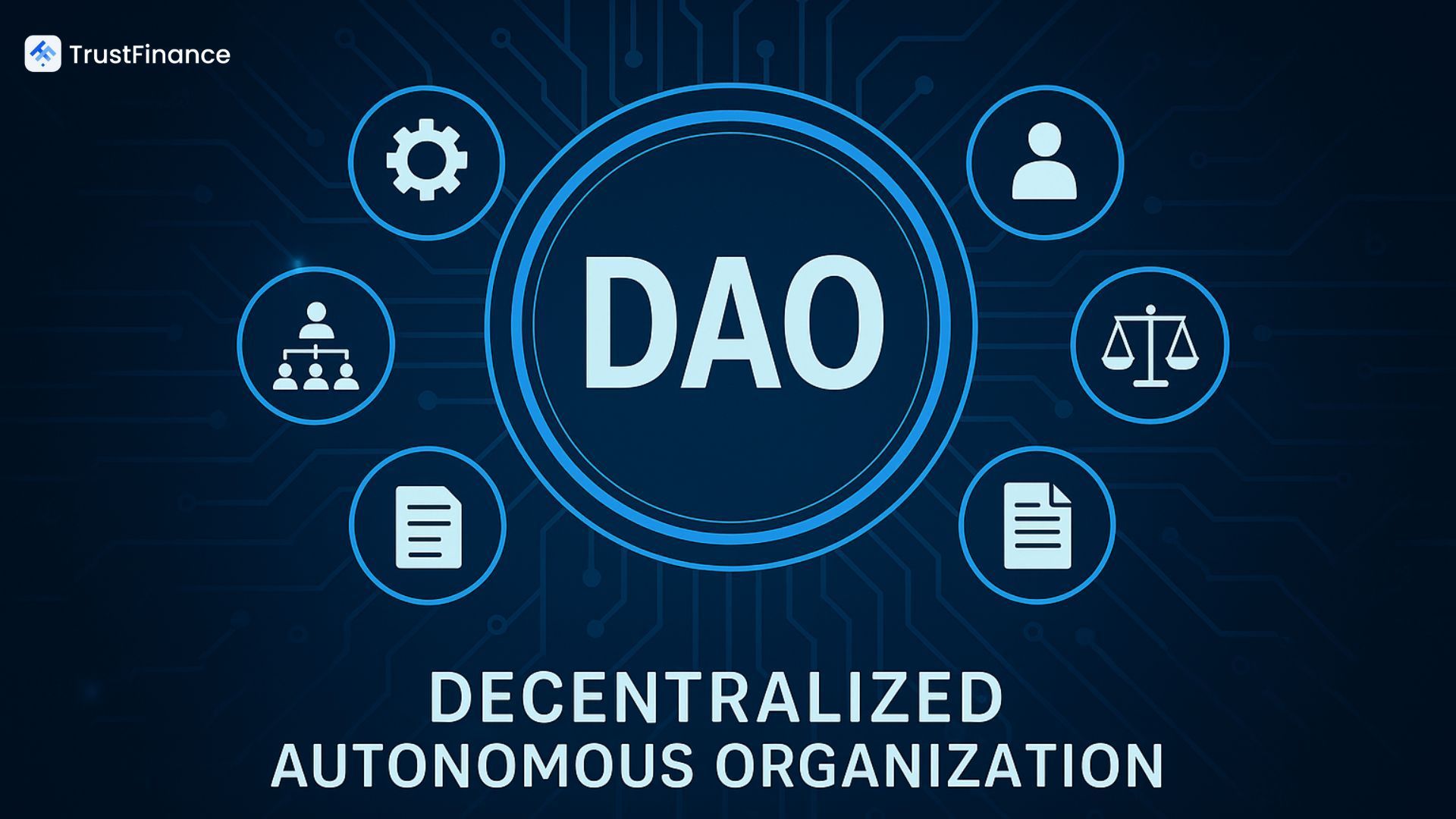What is a DAO?
A DAO, or Decentralized Autonomous Organization, is a new form of organization that operates without a central governing authority. It is built on blockchain technology, which provides transparency and security in its operations.
Unlike traditional organizations that rely on executives or a board of directors to make decisions, a DAO uses smart contracts to define rules and automate processes. Members of a DAO can actively participate in proposing ideas and voting on key decisions, eliminating the need for intermediaries and improving the efficiency and fairness of organizational management.
Why Are DAOs Gaining Global Attention?
One reason DAOs have gained global attention is their ability to create systems that are transparent, auditable, and fair. Every decision made within a DAO is permanently recorded on the blockchain and cannot be altered retroactively.
This provides a high level of trust among participants and investors. Additionally, DAOs reduce the risks associated with centralized power and allow people from around the world to have equal influence through governance tokens used for voting on various proposals.
How Does a DAO Work?
A DAO operates through smart contracts deployed on the blockchain. These contracts define the rules, conditions, and workflows of the organization. Members receive governance tokens, which serve as voting rights and allow them to participate in the decision-making process.
When a proposal receives enough votes according to predefined thresholds, the smart contract automatically executes the agreed-upon actions. This structure eliminates delays and prevents external interference in internal matters.
Successful Examples of DAOs
Some of the most prominent DAOs include MakerDAO, which created the DAI stablecoin and plays a critical role in decentralized finance (DeFi); Uniswap DAO, which allows UNI token holders to vote on development updates for the decentralized exchange platform; and ConstitutionDAO, a community-driven project that attempted to purchase an original copy of the U.S. Constitution through public crowdfunding. These projects illustrate the power of DAOs to unite individuals with shared goals and mobilize collective action effectively.
Benefits and Challenges of DAOs
The benefits of DAOs include true decentralization of decision-making, reduced reliance on centralized authorities, enhanced transparency, and greater community involvement.
However, challenges remain, particularly regarding the security and robustness of smart contracts, internal dispute resolution, and the lack of clear legal frameworks in many countries. As a relatively new model, DAOs require ongoing development, experimentation, and public education to reach their full potential.
Conclusion
DAOs are a critical component of the next generation of organizations and align closely with the vision of Web 3.0, which emphasizes decentralization, openness, and user participation. By leveraging blockchain technology and smart contracts, DAOs enable truly community-driven governance structures.
Although challenges persist, the potential of DAOs to transform how we think about management, collaboration, and ownership is undeniable. They represent a pivotal step toward a digital future that is transparent, sustainable, and borderless.
What is staking? A 5-Minute Guide for Crypto Beginners
Source
https://www.investopedia.com/tech/what-dao/
https://en.wikipedia.org/wiki/Decentralized_autonomous_organization

